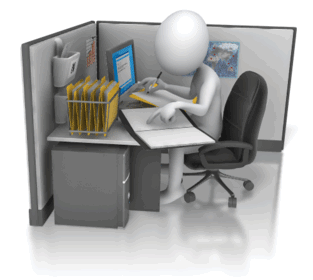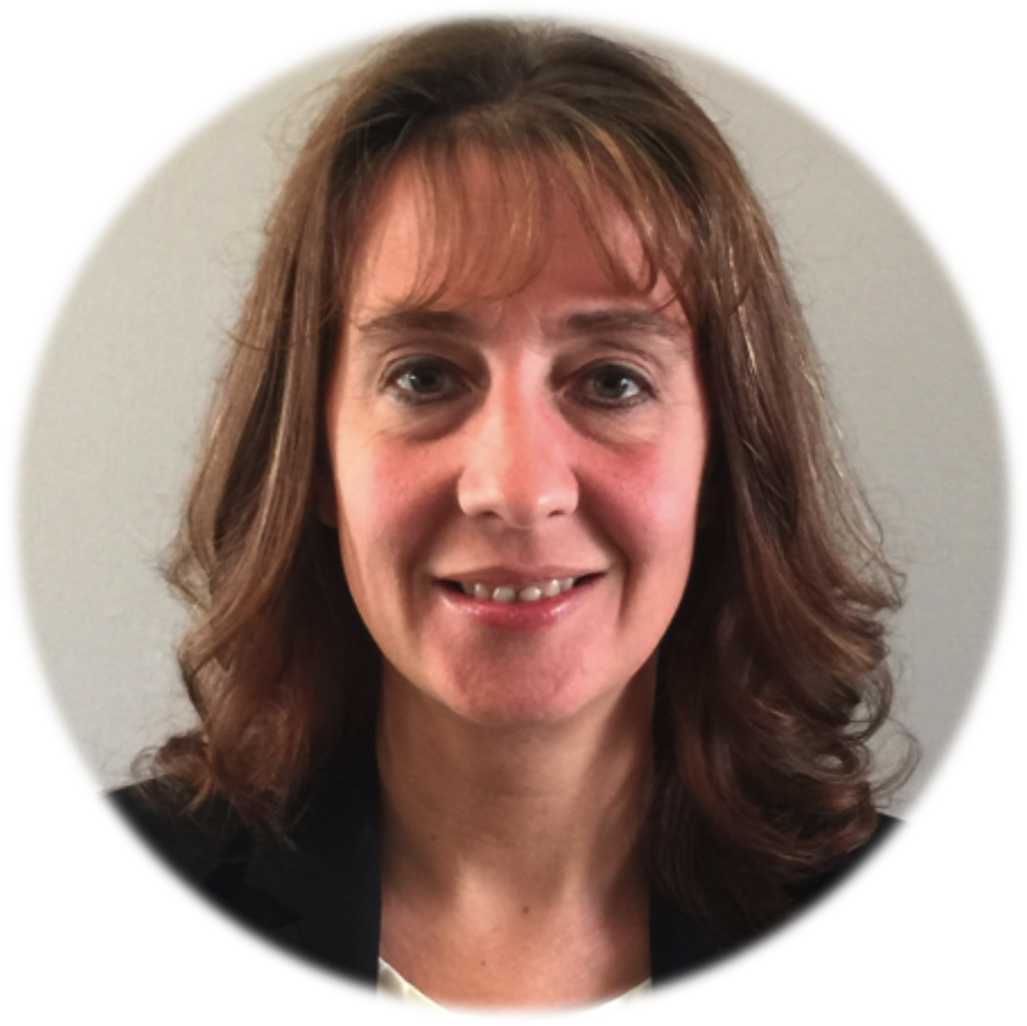Whether you just have a business idea or you've already started a new business, you certainly want your business to be a success. One way to ensure success is to pay close attention to your business accounting system. Here are some tips that will help you find and set up the correct accounting system for your business.
* What’s your business entity? It’s important that you choose the correct legal and tax entity for your business. This may be a great time to consult a CPA to discuss your options. When thinking about business tax:
** Sole proprietors will use Form 1040 Schedule C to report their activity.
** S-Corporations and Partnerships will file informational returns and any pass-through profits to your individual tax return.
** C-Corporations will require separate tax returns without pass-through of profits into their personal tax return.
* Cash vs. Accrual basis. The main difference is when you can book revenue and expense. The cash method is based on when you actually receive or make a payment. The accrual method is when there is an established obligation and it allows capturing the same information. Sometimes your business entity dictates a required accounting method. It’s up to you to determine which system is best for you.
* Separate personal and business bookkeeping. This is important because the IRS will toss out expenses when your business expenses and personal expenses are mixed together. Be sure to use separate bank accounts, recordkeeping, and credit cards for your business and personal accounts.
business expenses and personal expenses are mixed together. Be sure to use separate bank accounts, recordkeeping, and credit cards for your business and personal accounts.
* Sub-ledgers. You can make things run much smoother if you can organize your accounting system using the sub-ledger categories such as accounts receivable, accounts payable, fixed assets, inventory, and sales.
* Cash flow. Do you have enough cash to pay the company bills each month? Your business cash flow is a good predictor of the success or failure of your business. It’s important that you understand the cash situation of your business. To understand it, you will need to have good recordkeeping habits. You will need to record your current situation on a timely basis and establish a forecast of cash needs throughout the year.
* Balance sheet. If at some point you think that your business may need money for expansion, banks love a strong balance sheet. You should focus on developing a balance sheet that is low in debt and high in liquid assets such as cash and accounts receivable. But, there is a twist. It can easier to borrow money if your records show you don’t need it and harder when your records show you do need to borrow.
* Financial pressure points. Do you know what drives your profitability? It could be payroll in a labor-intensive business or rent in a rental establishment. Are your margins low due to heavy promotional costs? When you have a strong accounting system, it will help you stay focused on the more important financial aspects of your business.
* Seasonality. If your business is seasonal in nature, it’s vital that you set-up a good accounting system and forecasting performance over a 12 month period. This will give you a true understanding of your business.
When you take the time to set up an accounting system that is a good fit for your business, you are also increasing the chances of success. At Summit CPA we offer multiple resources that will help get your business on the right track. Contact our office at 866-497-9761 to schedule an appointment with our advisors.
.png?width=120&height=77&name=Summit-Virtual-CFO_color_rgb%20(1).png)














